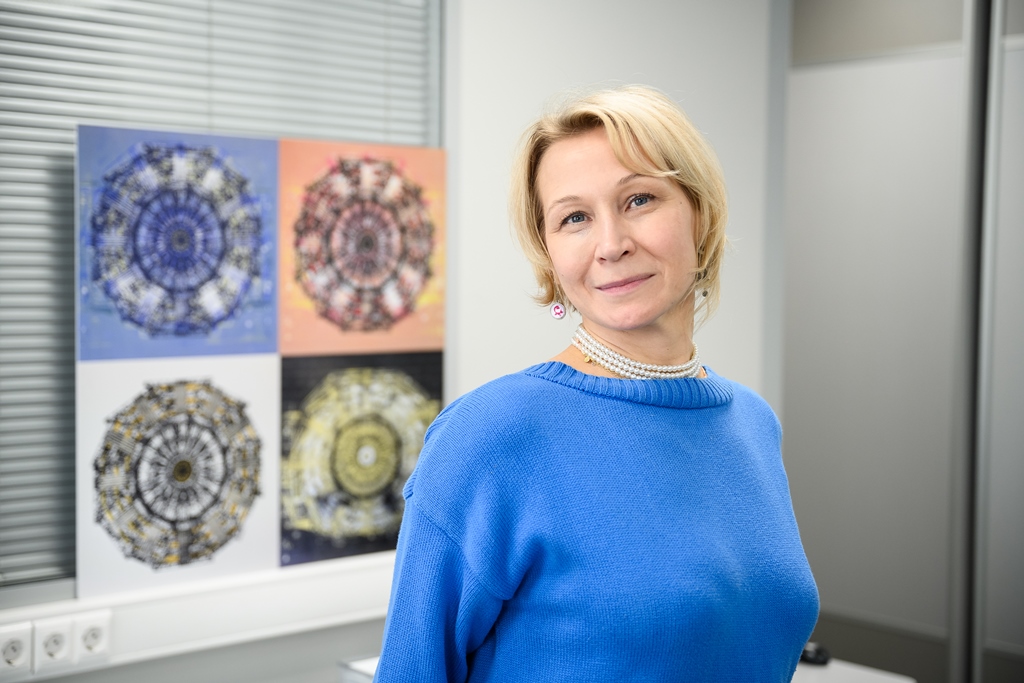Six scientists from the Faculty of Physics of Tomsk State University – Irina Schreiber, Vladimir Ivanchenko, Sergey Filimonov, Vladislav Borsch, Olesya Kuchinskaya and Maxim Penzin – as part of a large international group of researchers were awarded the Breakthrough Prize in Fundamental Physics, which is called the “Scientific Oscar”. The Breakthrough Prize in Fundamental Physics was awarded to the ALICE, ATLAS, CMS and LHCb collaborations. TSU scientists participated in ATLAS and CMS experiments at the Large Hadron Collider, including studies of the properties of the Higgs boson. The total award was three million US dollars.
– The prize was awarded to research groups for detailed measurements of the properties of the Higgs boson, confirming the mechanism of asymmetry during mass generation, the discovery of new strongly interacting particles, the study of rare processes and asymmetry of matter and antimatter, as well as the study of nature at the shortest distances and in the most extreme conditions at the Large Hadron Collider, says the website of the award.
According to Irina Schreiber, Deputy Head of the Laboratory for Analysis of High Energy Physics Data at the Faculty of Physics, TSU scientists took part in the two largest experiments at the LHC – ATLAS and CMS. Both projects are aimed at testing the Standard Model – the theoretical basis of modern particle physics, as well as searching for phenomena beyond its limits, including potential manifestations of New Physics.

The award will be directed to grant support for students and postgraduates from institutes participating in collaborations. This will allow young scientists to conduct research and undergo internships at CERN, gaining experience at the forefront of science and new knowledge that they can bring to their countries and regions.
It is worth noting that a large-scale interdisciplinary project is currently being implemented on the basis of the laboratory for analyzing high-energy physics data of TSU with the support of the mega-grant of the Russian government. Its key task is to transfer to Russian science the international experience gained by scientists from Tomsk State University who participated in breakthrough scientific experiments at the Large Hadron Collider.
In particular, TSU physicists take part in the development of models of detectors and physical processes for experiments on the Russian hadron supercollider NICA in Dubna. This project aims to study the fundamental properties of matter and the mechanisms in the early universe. NICA (Nuclotron-based Ion Collider Facility) is one of the largest international scientific projects currently being implemented in Russia.
For reference: The Breakthrough Prize is awarded annually for breakthrough discoveries in three areas: life sciences, physics and mathematics. The purpose of the award is to recognize the outstanding achievements of the award winners, attract additional support for scientific endeavors and inspire a new generation of scientists.